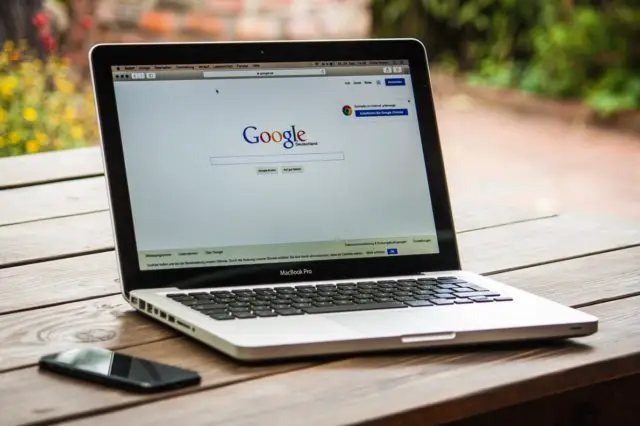Term:
Google penalty
Definition:
A Google penalty is a penalty that can be imposed by Google on a website or web page as a result of violating Google’s Webmaster Guidelines. Google penalties can have a significant impact on a website’s search engine rankings and visibility, leading to a drop in traffic and potential loss of revenue. Google imposes penalties to ensure that its search results are of the highest quality and that webmasters are not engaging in tactics that are designed to manipulate rankings or deceive users.
There are two main types of Google penalties: manual penalties and algorithmic penalties. Manual penalties are imposed by Google’s team of human reviewers who manually review websites and web pages and identify violations of Google’s guidelines. Algorithmic penalties, on the other hand, are automatically applied by Google’s algorithms when they detect certain types of violations.
Manual penalties can be imposed for a wide range of reasons, including spammy backlinking practices, keyword stuffing, thin content, cloaking, and other black hat SEO techniques. When a manual penalty is imposed, Google will typically send a notification to the webmaster through Google Search Console, explaining the reason for the penalty and providing instructions for how to fix the issue. Once the issue has been resolved, the webmaster can submit a reconsideration request to Google, asking for the penalty to be lifted.
Algorithmic penalties, on the other hand, are triggered automatically by Google’s algorithms when they detect certain types of violations. The most well-known algorithmic penalty is the Google Penguin update, which targets websites that engage in spammy link building practices. Other algorithmic penalties can be triggered by issues such as duplicate content, thin content, or a high bounce rate. Algorithmic penalties can be more difficult to diagnose and fix, as there is no direct communication from Google about the reason for the penalty.
To avoid Google penalties, webmasters must adhere to Google’s Webmaster Guidelines, which provide a set of best practices for creating high-quality websites that are user-friendly and provide valuable content. Some of the most important best practices include creating high-quality content that is unique, relevant, and useful to users; avoiding spammy link building practices and buying links; ensuring that the website is mobile-friendly and loads quickly; and avoiding other black hat SEO techniques that are designed to manipulate rankings.
If a website has been hit by a Google penalty, it is important to take immediate action to fix the issue and request reconsideration from Google. This may involve removing spammy backlinks, improving the quality of the website’s content, or addressing technical issues that may be causing the penalty. Depending on the severity of the penalty, it may take weeks or even months to fully recover from a Google penalty, and it may require a significant amount of effort to rebuild lost traffic and rankings.
Google has become increasingly sophisticated in its approach to penalties, with a greater focus on identifying and penalizing websites that engage in manipulative or spammy practices. Google’s algorithms are continually updated to better detect these types of violations, and penalties can be imposed more quickly and accurately than ever before. This has led to a more level playing field for webmasters who are committed to creating high-quality websites that provide value to users.
Google penalties are a serious issue for website owners and digital marketers, and can have a significant impact on a website’s search engine rankings and visibility. To avoid penalties, webmasters must adhere to Google’s Webmaster Guidelines and avoid using manipulative or spammy practices that violate these guidelines. If a website is hit by a penalty, it is important to take immediate action to fix the issue and request reconsideration from Google. By staying up-to-date with Google’s guidelines and algorithm updates, webmasters can ensure that their websites are positioned for long-term success in the search rankings.
A Google penalty is when Google demotes your web pages in the search rankings either by the algorithm or by manual review. If you copy and paste content from other websites, build thin low-quality content, use black hat SEO techniques, or other reasons you risk getting your website penalized. You could have a website ranking #1 and making over $1,000 a month, but if the site gets hit with a Google penalty it could drop to $0 instantly when it falls from rank #1 to #97. There is no valuable volume of traffic on page 97 ion the Google search results.
Related:

Miles Anthony Smith
Miles is a loving father of 3 adults, devoted husband of 24+ years, chief affiliate marketer at AmaLinks Pro®, author, entrepreneur, SEO consultant, keynote speaker, investor, & owner of businesses that generate affiliate + ad income (Loop King Laces, Why Stuff Sucks, & Kompelling Kars). He’s spent the past 3 decades growing revenues for other’s businesses as well as his own. Miles has an MBA from Oklahoma State and has been featured in Entrepreneur, the Brookings Institution, Wikipedia, GoDaddy, Search Engine Watch, Advertising Week, & Neil Patel.
